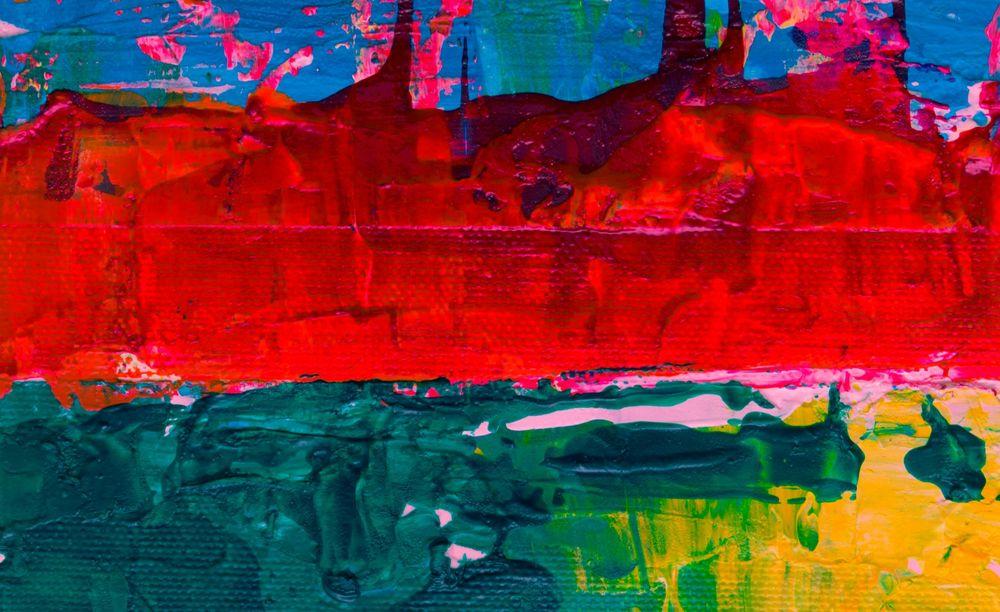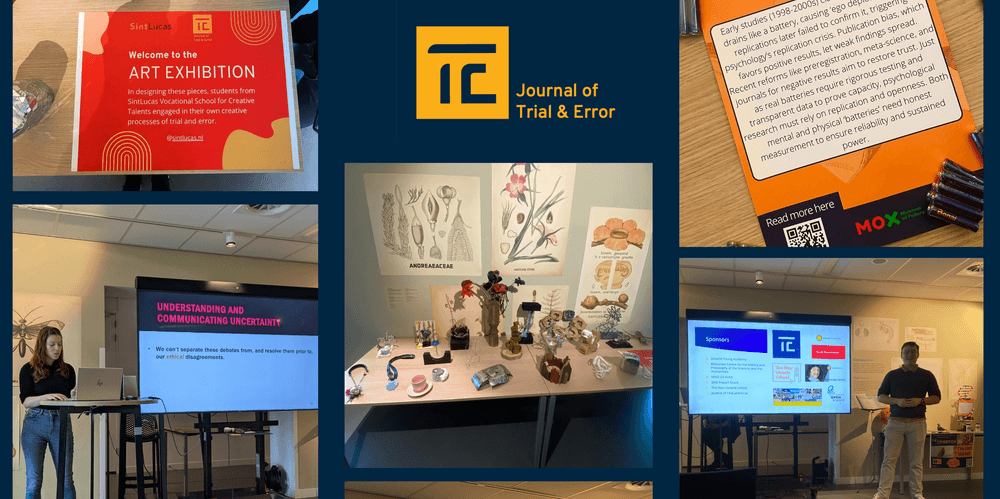~ 3 min read
Open Science Talk
How an Open Science meeting inspired the birth of a Journal, by our Chairman Martijn van der Meer.
Our story begins in November, ten weeks after the start of the History and Philosophy of Science (HPS) Master's program in Utrecht. After a course in philosophy of science, which was basically an introductory course in the analytic tradition of philosophical reflection of science, and a historiographical course on the history of the natural sciences, we had gotten a taste of what the rest of the program could be. Although there might be a (fundamental) difference between philosophical and historical reflections on science, both approaches have in common that they take science as their object, without necessarily participating in a practical or theoretical sense.
What is the purpose of such a program? A good question. Scientists are not necessarily waiting for criticism or vague reflections from people who don’t know ‘the technical stuff’ – something I learned from living as an enthusiastic history student in a house full of honours students in biology and theoretical physics. This in itself seems to be a good reason: historians and philosophers like to reflect on science, thus bridging the gap between those two cultures. But what do we reflect? ‘Reflecting’ sounds nice and intellectual, as it connects nicely to the rhetoric of defending the humanities against cynical (and stupid) questions about its relevance or usefulness. Humanist reflection leads to ‘create cultural value’ or is even ‘necessary for our democratic society’, and yet, it may surprise the beginning Master students in History and Philosophy of Science that scientists appear to be able to survive without their reflection. Are we, as young, naive and ambitious students, left with our own fascination for meta-reflections of science; for example emphasizing the Copernican revolution to show that we are justified in finding it interesting?
I’m not going to answer this question. Hopefully, we – authors of this blog – will find some answers to those very real problems over the course of our academic development. After all, let’s face it: besides feeding our hungry minds with cool stuff on dead and almost-dead scholars, at some point we have to make a living.
Why then, am I elaborating on these cliché and annoying criticisms on the relevance of philosophy and history? Because it provides a good explanation of why five students, while protecting themselves against the pressure of pursuing their intensive academic careers, invest time in initiating a Journal of Trial and Error. It may explain why we (accidentally) attended a colloquium on a very trendy and 21st century discussion about science, in which also (or even) scientists themselves participated. A topic about “ just science done right”.
The story of our Journal of Trial and Error starts at November 23rd 2018, a quarter past three in the afternoon, at the University Hospital in Utrecht, where we attended a colloquium on – hold your horses – Open Science.
Martijn is a historian of science and medicine and works as a lecturer and researcher at Erasmus Medical Centre and Erasmus University Rotterdam. He is also a policy advisor on responsible research at Tilburg University. In 2018, he co-founded the Center of Trial and Error and currently chairs the board.
License
Open Science Talk by Martijn van der Meer is licensed under a Creative Commons Attribution 4.0 International License.




